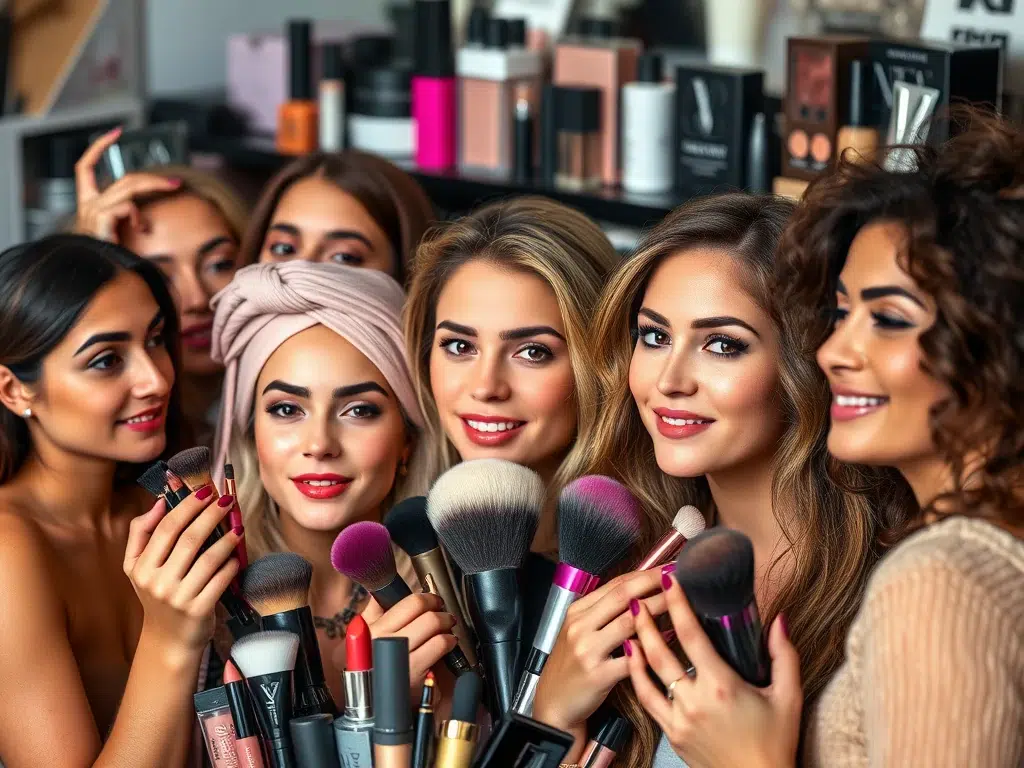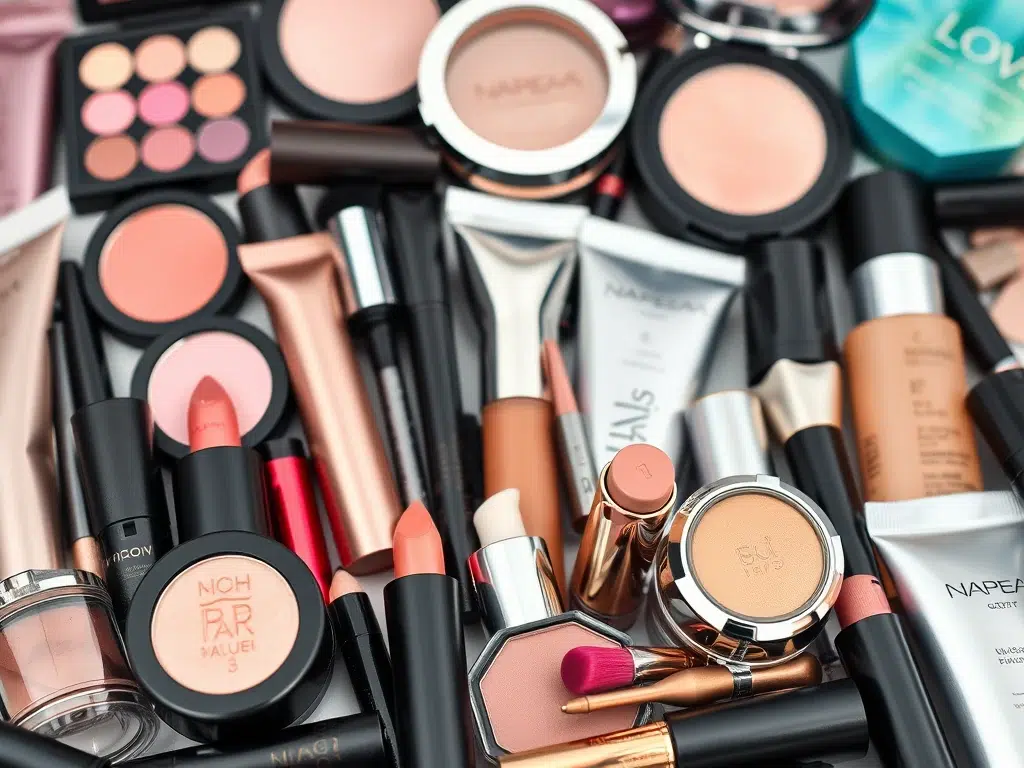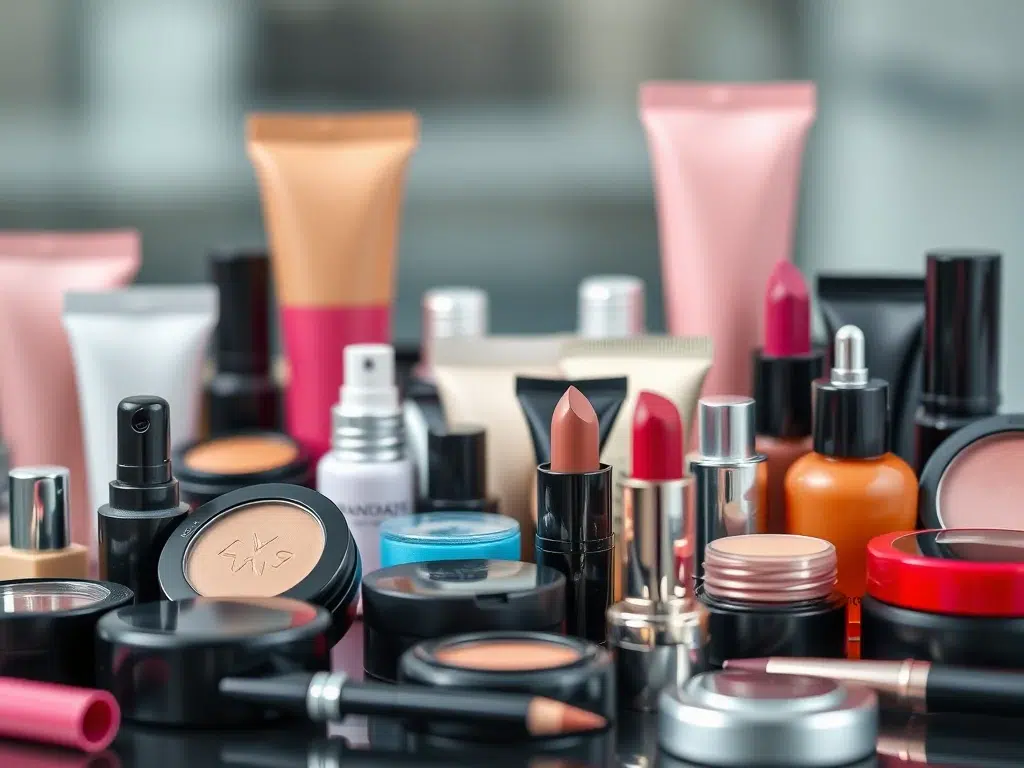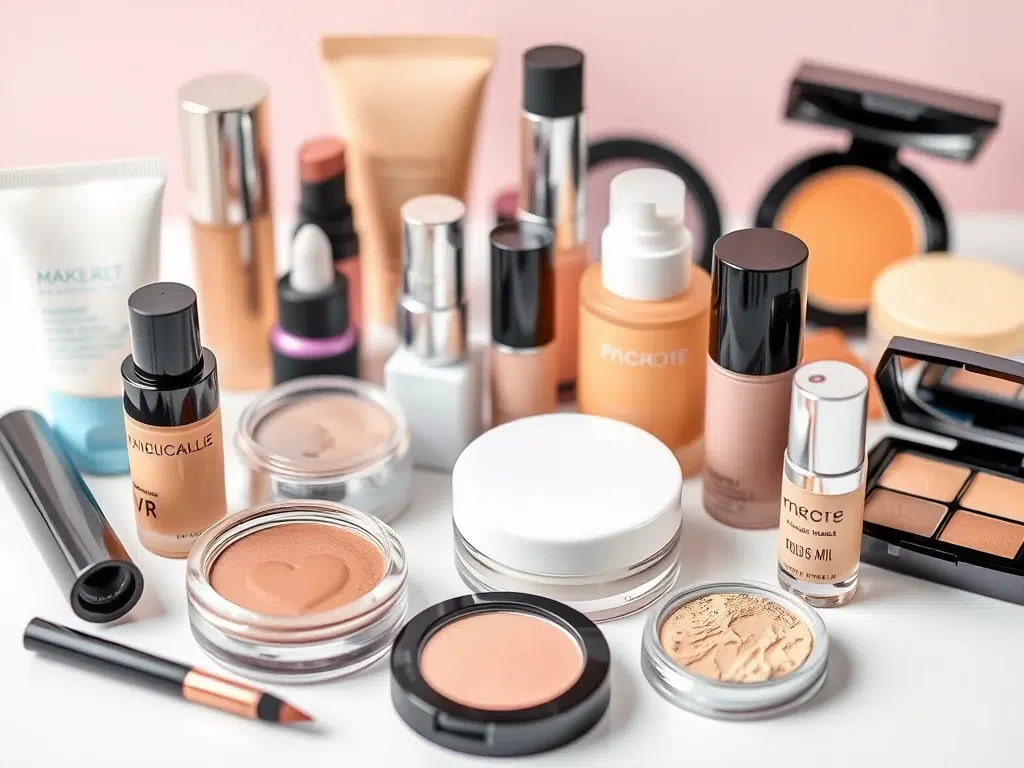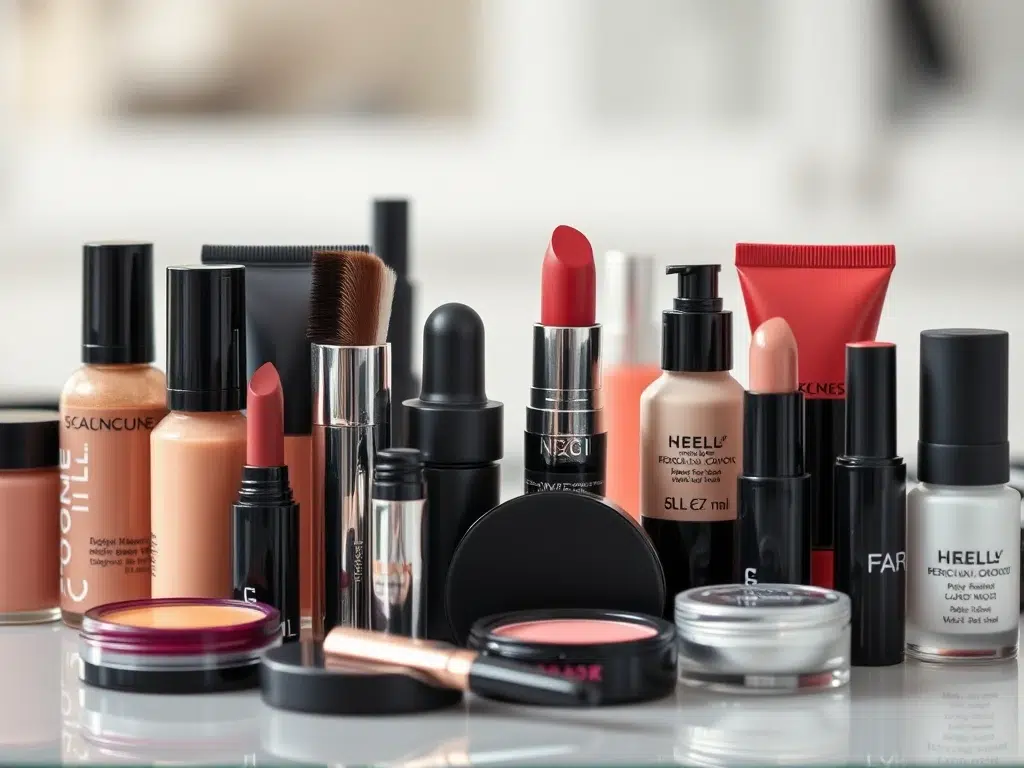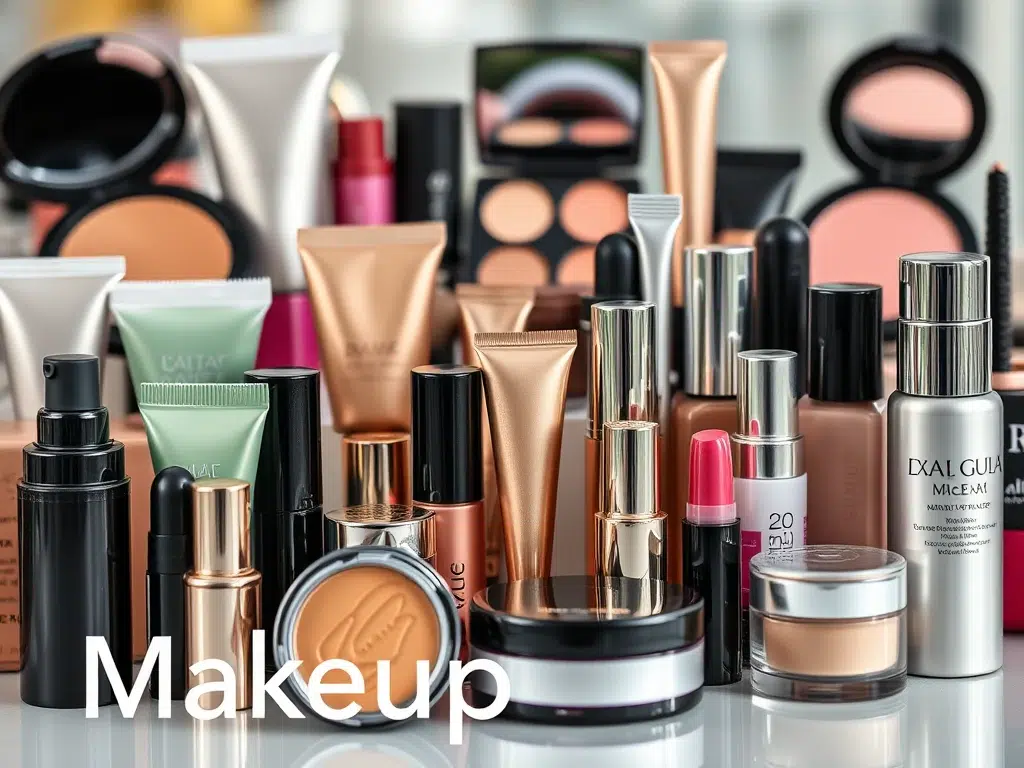Whether you’re starting a cosmetics or skin care beauty brand, you must consider several factors before making a decision. You must ensure that whoever you’re contracting has a good manufacturing practice and follows all the stipulated requirements.
Table of Contents
Starting a cosmetics or skincare business is both exciting and challenging for many people. It gives you a chance to put your business ideas into reality. To start your own beauty brand, you must figure out certain things before setting the ball rolling.
Among them include where to manufacture beauty products and how to market your brand. Private-label cosmetics are a great idea, especially for a company that is new to the market. By using private-label skincare and cosmetic products, you save yourself the hassle of putting up a production facility and employing a huge workforce.
Among the things you will learn from this post include the following;
- Benefits of using private label cosmetics
- The difference between private and white-label cosmetics
- Criteria for choosing a manufacturer of beauty products
- Top producers of private-label products
What Is Private Labeling?
This is an arrangement where a retailer gets cosmetic products from a third-party manufacturer, then brands them, and sells them to its customers. In this case, the private-label cosmetics manufacturer designs the product line, prices, and markets them to cosmetic retailers. To the consumer, the products are been manufactured and branded by the company selling them directly.
Pros of Private Labeling
- Lower operating costs: Using a private label company for your own brand of beauty products results in lower production costs. Usually, such products are easy to sell and can easily make more than four times the production price.
- Production control: As a retailer, you can instruct the producer on issues regarding the products. For instance, you can instruct on ingredients or formulas to be used in manufacturing the products.
- Branding control: Private labeling allows you to brand your own beauty products. Therefore, your clients will buy products that only your company makes, thereby, creating brand loyalty.
Cons of Private Labeling
- Low-quality perceptions: Products manufactured through private labels are normally sold at low prices. This may in turn make consumers think that they have inferior quality.
- Less production control: Since private-label cosmetic products are manufactured by third parties, businesses have little to no control over the production process. For instance, it would be a huge drawback for your business if the manufacturer decided to discontinue a certain product line.
White Label vs Private Label Products
The principle behind white labeling is almost similar to the private labeling of products. As you work on launching your beauty line, it’s important to understand the difference between the two.
White labeling is the production of cosmetics products by third parties to be sold to multiple retailers who, thereafter, brand, package, and price them differently.
While Private label manufacturing is the same, there are certain glaring differences between the two as shown below.
Main Differences Between White Label and Private Label Manufacturing
Noting that there are some similarities between white and private-label skincare, here are the main differences between them.
- Price: White-label products are produced and sold to retailers and suppliers without any room for customization. Therefore, the price of production remains constant. In private label production, retailers can package, brand, and label the products. They can also alter the beauty product formulations to fit their requirements.
- Formula: A retailer obtaining goods from a white-label manufacturer cannot alter the pre-formulated products. However, private label manufacturers allow companies to make changes to product formulations among others.
- Industry: Private labeling is most focused on products such as cosmetics, household goods, beverages, food, and the production of generic drugs. White labeling is used more in the tech industry in advertising technology among other applications.
Steps in Choosing a Private Label Skincare Producer
While the following steps are not written in stone, you must consider the following before venturing into contract manufacturing.
Research
Before contracting, you must find out as much as you can about the manufacturers of personal care products you want to engage. One must know the type of makeup products your company wants to sell before researching.
You can either conduct the research online or in person. Online research can be done via Google, Alibaba, and other online platforms. In-person research can be done by visiting trade shows. They allow you to speak directly to the manufacturers as well as inspect some of their samples.
Do you want to use your own formula? Would you like to combine your product line with hair care products? Do you want to have natural or synthetic ingredients in your products? You may have noticed that the market is awash with products filled with skin irritating synthetics.
Such pertinent questions will help you to figure out the private label manufacturer to work with. As the world is increasingly becoming concerned with animal suffering, you need to be sure that your products are made with cruelty-free ingredients. It will help to safeguard your business brand, get more potential customers, and lead to higher profit margins.
You must also find out what their low minimums are and if you can order samples before formalizing the manufacturing agreement. Here are other things to know before starting your own line of skin care products.
- Are the products approved by the FDA?
- What packaging options do they have?
- Can they label and print the company logo on them?
- What is the minimum order for their product offerings?
Check for Reviews and Request Samples
There are various ways you can check for reviews regarding a private label manufacturer. Among them include:
Online reviews: Review websites such as Trust Pilot will help you to have a general feel of the manufacturer’s level of service. You can use social media platforms like Facebook and LinkedIn to get reviews from previous customers of the manufacturer.
Get referrals: Ask the manufacturer for referrals to current or previous customers who have used his services. This will allow you to gauge his ability to fulfill your orders in the future.
You must also the products to be sure of what you’re selling to your customers. You may get great reviews but end up disappointed with the results. The products must meet your expectations and minimum standards before you start marketing.
Pick a Preferred Supplier
After all the research is done, it is time to pick the best supplier for your cosmetics and skincare products. To recap what to expect from the manufacturer, they should;
- Create the exact same s and quality you wanted
- Have low minimum order quantities
- Produce in various sizes, colors, and designs
- Good production schedules and lead times
- Have great communication channels
- Pass all quality and legal requirements including ISO certification
Create Your Brand, Packaging, and Logo
Now that you have the right supplier for your cosmetic products, it is time to work on branding your products. Come with a brand design that includes the type of packaging you’ll use and the logo.
You may come up with your own packaging design or you can use the manufacturer’s designs. However, customizing it makes it look more authentic and trusted. In the end, your products should have a professional look that will be attractive and ready for the market.
Some private label companies like Aurora Brands provide you with free images of cosmetic products. You can use them in your product listings on e-commerce websites like Amazon. They will save you the expense and time of having to find a professional photographer.
The products must have your brand logo. Ensure that you provide all specs as needed by the manufacturer like colors, file types, and size.
Decide How and Where To Sell Your Beauty Products
After branding, you must figure out where how to distribute your products and fulfill customer orders. You can decide to have a warehouse from where the products are shipped to customers or you can hire a fulfillment service. Fulfillment services are an easier option as they can pick, pack, and ship cosmetic products on your behalf.
You must also figure out where to sell your cosmetics from. The online market is a great place to start. You can list your products on e-commerce sites like Amazon, and Walmart, and also have your own website.
Other great places to sell your product include salons, fashion stores, spas, natural food shops, and more. You can also use social media to grow your brand and engage with people.
Cosmetics or Skin Care: Which Should You Go For?
To be clear, both cosmetics and skin care products are good ventures. It all depends on where your focus is. However, it is good to have a clear understanding of what both are.
Cosmetics include a wide range of products such as lipsticks, eyeshadows, foundation, bronzer, and concealer, among others. However, skin care products include lotions, cleansers, creams, toners, scrubs, serums, and more.
The standards in skin care are more strict because people are more interested in the functions the ingredients play. Every skin care formula has a specific formula with an expected outcome. If it’s a moisturizer, one would expect the skin to feel softer and more supple. The same goes for anti-wrinkle skin care products.
Skin care goes beyond women as men are also users of these products. This confirms the reason why private-label skin care has more customers than cosmetic products. You must also be careful to not go for products with lead and other skin-irritating synthetics.
It is however surprising that cosmetic products are thought to be the more sought-after product than skincare. As earlier said, both are great ventures but have different angles from preparation to consumption.
How Profitable Is the Cosmetics and Skin Care Business
It’s a fact that people are spending lots of money on skin care and cosmetic products. Suppliers and retailers on the other hand are raking in millions.
You may have noticed that pharmaceutical companies are also jumping into the bandwagon. This is hugely due to the profit margins. Cosmetics and skincare are among the few industries that continued to experience expansion despite a global recession.
New products such as anti-aging creams are highly sought after and people are willing to pay top dollar to have them. Anti-aging creams are currently sold from as little as $11 to as much as $1000.
According to Statista, 2022 revenues in the hair care, deodorants, perfumes, cosmetics, and skin care industry were $100 billion representing a 16% rise from the previous year. Out of this, 41% of the market was dominated by skin care products as they generated close to $188 billion.
Conclusion
Whether you’re starting a cosmetics or skin care beauty brand, you must consider several factors before making a decision. You must ensure that whoever you’re contracting has a good manufacturing practice and follows all the stipulated requirements. A good private-label company provides peace of mind helping companies to focus on branding and marketing. Select products that you’re sure will add value to your customers and promote trust among your customers.
FAQs
Are private-label cosmetics profitable?
Yes. You can partner with a private label manufacturer to sell trending skin care and cosmetic products to your customers. With such an arrangement you don’t need to hire lots of labor or set up a production facility.
Do I Have Control Over My Private-label Cosmetics?
Yes. A private label manufacturer will allow you to come up with your own formulations for cosmetic products. You can also control the size, packaging, color, ingredients, and other aspects.
What Are the Minimum Order Quantities (MOQ) For Private-label Cosmetics?
Companies generally have different minimum order quantities. This depends on various factors like whether it’s a customized order or not. It can also be based on the availability of raw materials and their costs. Generally, uncustomized orders don’t have high MOQs as they don’t require anything other than branding.
What Information Should Be Included in Your My Products Labeling?
Among the details included when labeling your cosmetic products include the ingredients used, brand logo, and label warnings. It also includes the product’s identity, net contents, and weight.

